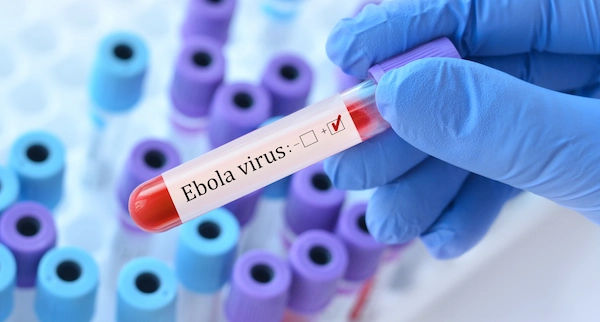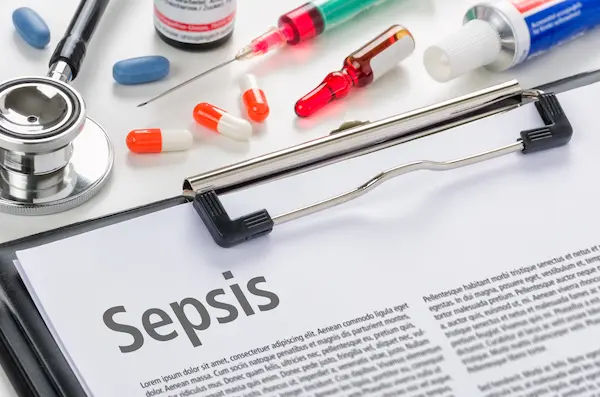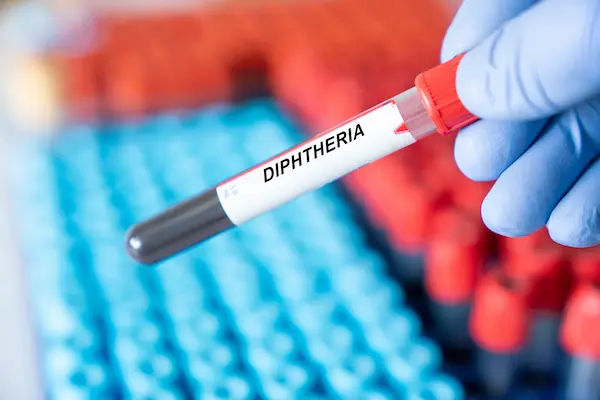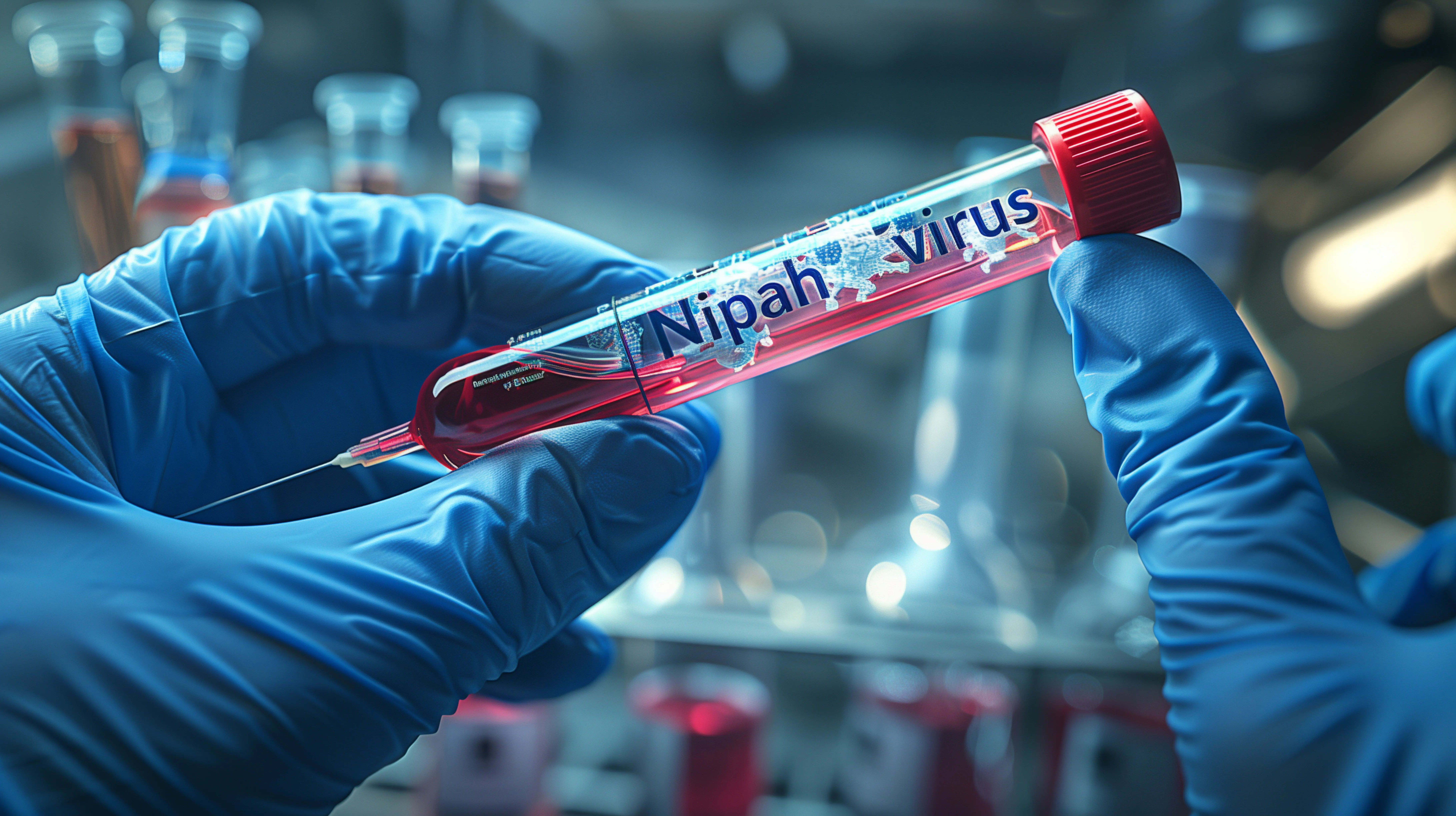- Female
- 31 Years
- 29/01/2025
I'm worried about my HIV test results. They came back nonreactive with an observed value of 0.16. Does this mean I might have HIV, or is everything okay? I'm also a bit anxious about the chances of getting it in the future. If I take the test again, is there a possibility that the value could increase?
Answered by 1 Apollo Doctors
Your HIV test result is non-reactive, meaning you do not have HIV. The observed value of 0.16 is well within the normal range for a negative result. The value won't increase unless you are exposed to the virus in the future, so practice safe measures to stay protected.
Dr. Kareemulla Suggests...
Consult a Infectious Disease specialist
Answered 04/07/2025
0
0

More Infectious Disease Health Queries
View allSo, yesterday I was bitten by a rat on my thumb, and I noticed some blood coming from it but it stopped by itself after a little while. I washed my hands with soap and water after that. I went to get a tetanus shot and an anti-rabies injection in my butt. But now the doctor told me I need to get two more rabies injections. What should I do? Should I be worried?
Yes follow entire post exposure prophylaxis follow your doctors advice
Answered by 1 Apollo Doctors
I'm really worried about my brother who's had a fever for about a week now. The fever comes and goes and our family doctor suggested a Widal test. His results came back with S. typhi O 180, S. Typhi H 180, S. Paratyphi AH 120, and S. Paratyphi BH 120. I'm not sure what these numbers mean. Could you tell me if it looks like he has typhoid?
report it normal but it will not exclude the possibility by 100% because there may be false negative , consult physician and show the report
Answered by 1 Apollo Doctors
My dog, who is regularly vaccinated for rabies and seems really healthy, bit my husband on the jawline. We quickly took care of it with a bandage and got him injections for pain and tetanus. Its been 12 hours now, and Im a bit on the fence about whether we should go ahead with a rabies vaccination. The doctor didnt particularly insist on it and just gave us some meds for pain and infection to take over the next five days. Do you think we should still go for the rabies shot?
In this situation, since your pet dog is already vaccinated for rabies and is in a healthy condition, the risk of rabies transmission is low. However, rabies is a serious and fatal disease, and it is important to consider the circumstances of the bite. Given that the bite occurred on the jawline, which is a high-risk area for potential transmission to the central nervous system, it is recommended to err on the side of caution and get the rabies vaccination. The rabies vaccination regimen typically involves a series of injections. It is important to follow the advice of your healthcare provider. In addition to the pain and infection medications prescribed for five days, you should also consider getting the rabies vaccination to ensure complete protection against rabies.
Answered by 1 Apollo Doctors
Disclaimer: Answers on Apollo 247 are not intended to replace your doctor advice. Always seek help of a professional doctor in case of an medical emergency or ailment.





.webp)